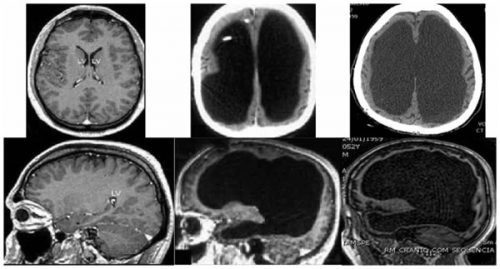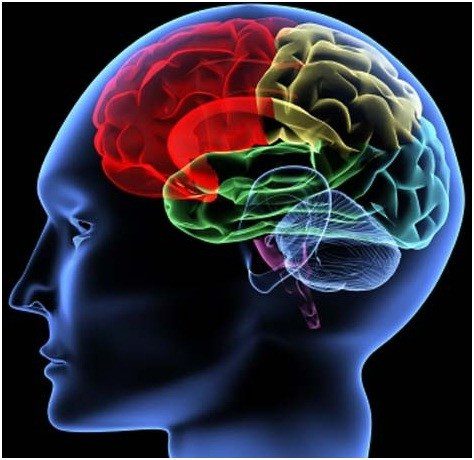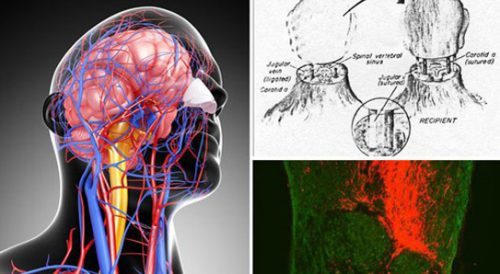What is Brain Death? Is Brain Death Dangerous? What Causes Brain Death? Can Brain Death Be Treated? Let’s explore these questions in the article below.
What is Brain Death?
What is brain death? Medical experts explain that when a person does not respond to external stimuli due to brain damage and is in a comatose state without the ability to breathe independently, they are considered to be brain dead.
In some cases, the damage may affect the entire brain, including the brainstem. The brainstem controls vital automatic functions of the body such as heartbeat and breathing. If the brainstem is severely damaged, these critical functions may be impacted. If the damage is irreversible, the patient may be declared brain dead.

A brain-dead person cannot respond to any stimuli and cannot breathe independently.
Is Brain Death Dangerous?
A person who is brain dead cannot respond to any external stimuli and cannot breathe independently. Without life support and emergency medical intervention, the patient will die very quickly (within minutes). Even with life support, a brain-dead patient cannot escape death.
Causes of Brain Death
There are numerous causes and factors that can lead to brain death. Here are some of the causes and factors associated with brain death in individuals:
- Inadequate water intake.
- Lack of exercise and physical activity.
- Excessive use of alcohol, harmful stimulants, and tobacco.
- Overconsumption of processed foods or high glycemic index foods…
- Can be caused by one or multiple factors that lead to the cessation of blood flow or oxygen supply to the brain:
– Cardiac Arrest: When the heart stops beating for an extended period, the brain is deprived of oxygen and blood.
– Major Cerebral Vascular Occlusion: A blood clot blocks blood vessels supplying the brain, causing damage, swelling, and increased intracranial pressure leading to pathological spirals.
– Intracerebral Hemorrhage: Increases intracranial pressure or large amounts of blood compressing the brainstem.
– Severe Traumatic Brain Injury: Resulting from traffic accidents, blows, or falls.
– Brain Infections: Such as encephalitis…

Alcohol is a cause of brain death.
How is Brain Death Diagnosed?
Determining that a patient is brain dead is a legal process that requires a high degree of accuracy. Brain death is confirmed through a combination of various information, including clinical symptoms, clinical tests, paraclinical methods, and the duration of brain death, as stipulated by the Ministry of Health.
Brain Death is Not Coma or Vegetative State
It can be difficult for loved ones to accept that a patient still has a heartbeat, pulse, and even warm skin, appearing to be asleep, while being declared dead. However, when a patient is brain dead, it means that the brain no longer functions in any capacity and will never function again. The difference from a vegetative state and coma is that the brainstem is still active in these cases, meaning that some forms of consciousness may still exist, the patient may breathe without assistance, and there remains a slim chance of recovery. In some instances, a person in a vegetative state may still exhibit some reflexive responses detectable through brain scans, although they cannot interact with their environment.
Can Brain Death Be Cured?
As mentioned above, a person is considered brain dead when there is no nerve activity in the brain or brainstem, which means there are no electrical impulses being transmitted between brain cells.
Without a functioning brain, the body will not produce important hormones necessary for maintaining biological processes, including kidney, stomach, and immune functions, for more than a week.

Brain death cannot be cured.
A brain-dead individual cannot maintain their body temperature, so they must be kept warm with blankets, high room temperature, and sometimes warm intravenous fluids.
Therefore, most cases of brain-dead patients cannot be cured.
Why Does the Heart of a Brain-Dead Patient Still Beat?
The heart is part of the autonomic nervous system and can beat independently of the brain as long as it receives enough oxygen. The heart will stop beating when all body systems begin to shut down immediately after brain death. Once this process begins, it is irreversible.
Mechanical support (ventilators) along with medication helps deliver oxygen to organs, including the heart, liver, and kidneys. Since the heart is still beating, blood circulation continues. However, the ventilator does not keep the patient alive (brain death is irreversible and is legally and medically recognized as death); it merely maintains organ viability until they can be transplanted into another body, but only for a short period. After that, the organs will cease to function, and at that point, the patient will die biologically: cardiac arrest, cessation of breathing.



















































